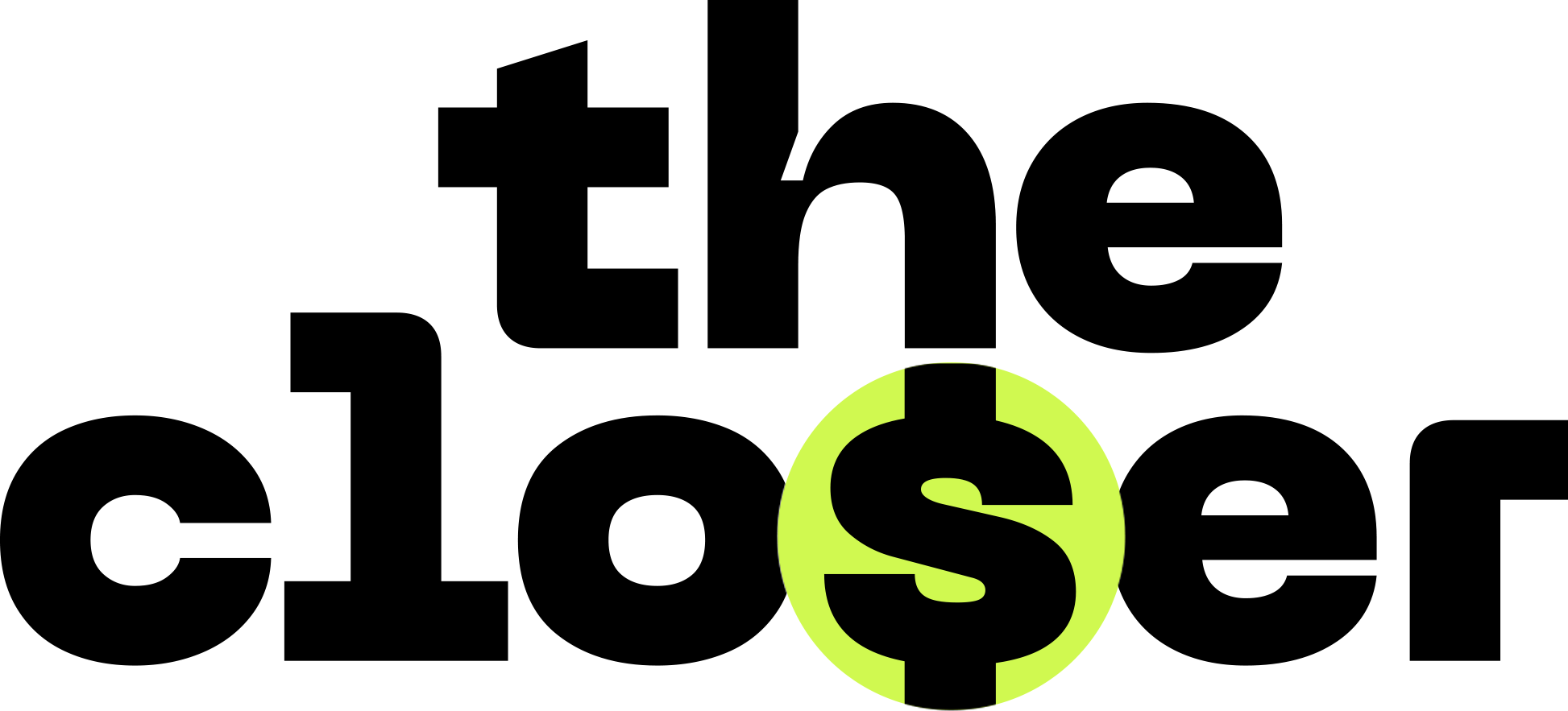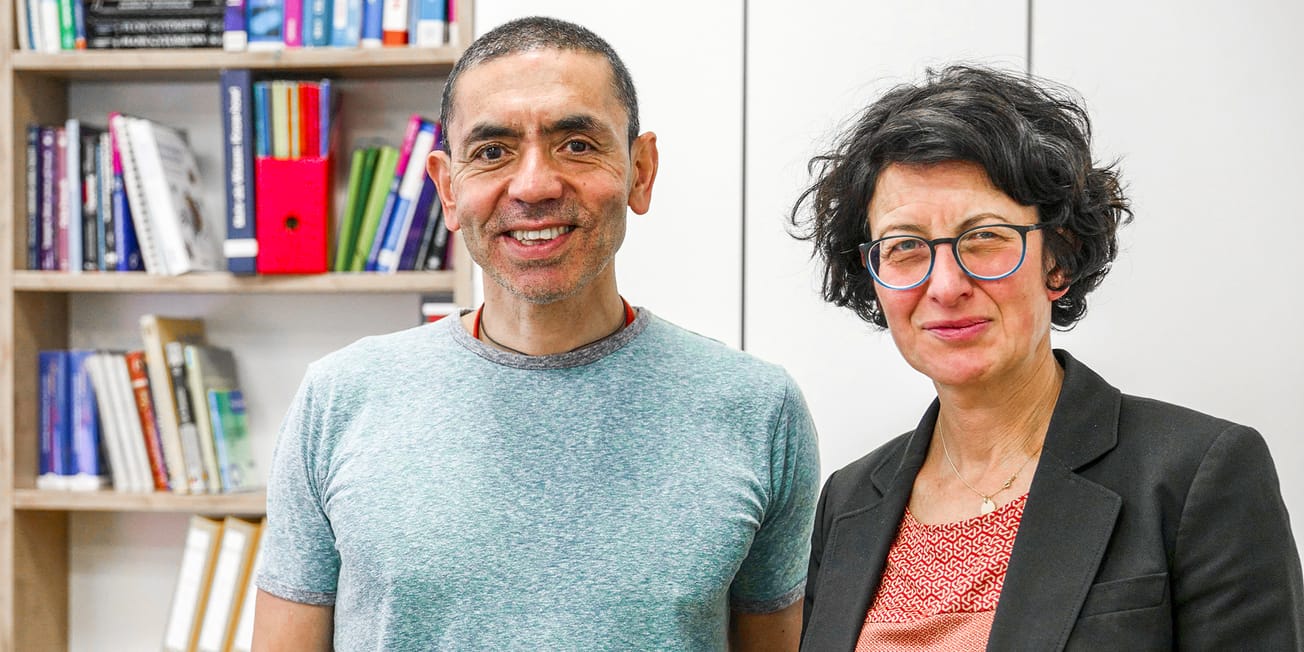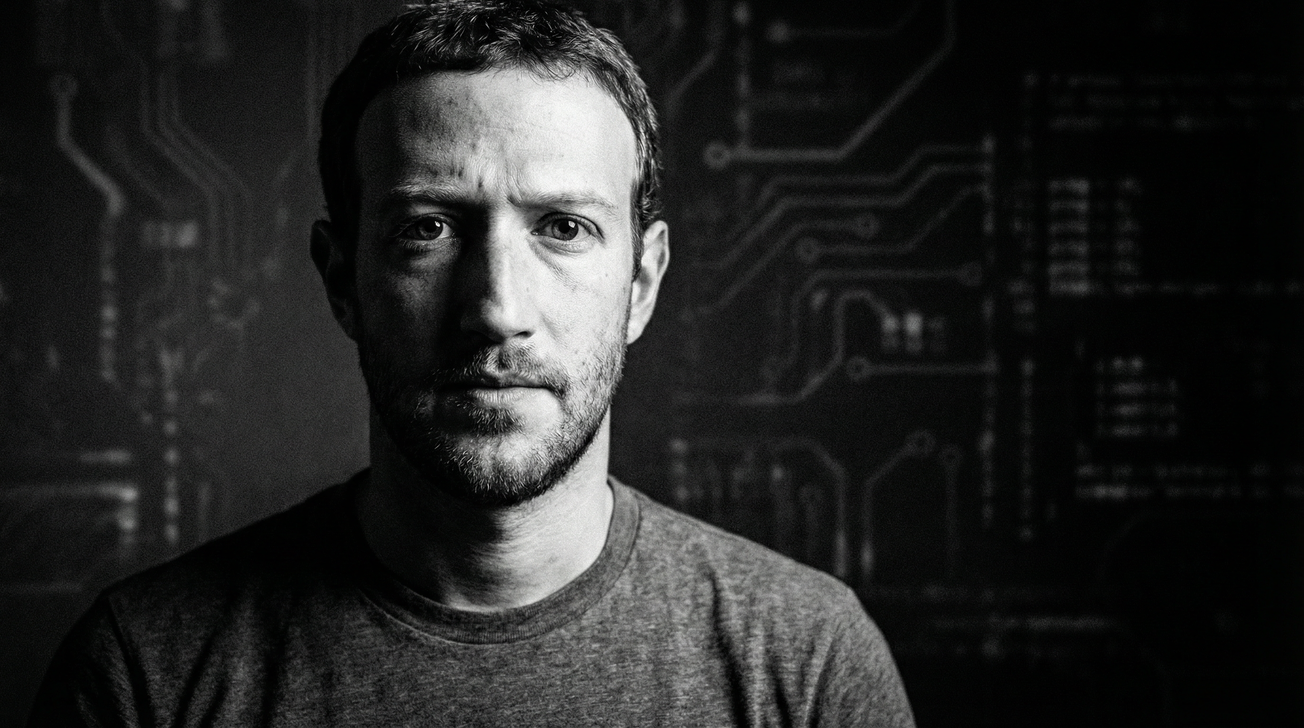Good afternoon – and welcome to Backchannel, the weekend edition of The Closer, where we decode the world through the lens of high-stakes dealmaking.
A quick heads-up: Backchannel is now a subscriber-only edition. Our Monday edition will remain free for a few more weeks. We’re building something premium and unflinching here at The Closer—deals analysis you won’t find in the FT or Bloomberg, layered with strategic takeaways, playbooks, and tools you can actually use. There's a lot more coming: podcast, book and more. If you’re already a paid reader, thank you. You’re helping us raise the bar.
If you’re not yet a subscriber and find value in what we do, now’s the time to join. Your support helps us go deeper, stay independent, and bring you sharper, more actionable intel every week.
This week’s edition dives into BioNTech’s $1.25B buyout of CureVac—an elegant end to a courtroom war and the start of a new chapter in the mRNA arms race. Plus: why insurance brokers are obsessed with billion-dollar rollups, and what private equity knows about control that most CEOs don’t.
Let’s get into it.
-- Bradley
Ceasefire in the mRNA Wars: BioNTech’s $1.25B CureVac Truce Fuels Cancer Pivot
Key Players & Deal Terms
- Uğur Şahin & BioNTech: Co-founded by Şahin in 2008, BioNTech rose to fame (and fortune) as Pfizer’s mRNA COVID-19 vaccine partner. Now flush with €15.9B cash on hand, Şahin is doubling down on his company’s original mission: using mRNA technology to fight cancer. This week BioNTech agreed to buy rival CureVac for $1.25B in stock, paying a hefty 55% premium. The all-stock deal will give CureVac investors ~4-6% of BioNTech and, notably, ends a bitter patent lawsuit between the two firms.
- Dietmar Hopp & CureVac: The German billionaire (SAP co-founder) backed CureVac for decades, helping pioneer mRNA drugs. CureVac, founded in 2000, was an early mRNA vaccine player but flopped in the COVID race (its vaccine showed low efficacy). After layoffs and refocusing on cancer vaccines, CureVac’s stock dwindled to ~$4 (down 96% from 2020 highs). Hopp, who owns 37% of CureVac, endorsed BioNTech’s buyout as a lifeline to create a “new German biotech champion.”
- The Patent Fight: Since 2022, CureVac had battled BioNTech in European courts, claiming the blockbuster Comirnaty vaccine infringed its mRNA patents. Recent rulings upheld key CureVac patents, strengthening its hand. Analysts note BioNTech faced “backdated royalties on about $32B of vaccine sales” if it lost in court. By paying $1.25B to buy CureVac, BioNTech essentially settles that risk off the books – a bargain to avoid a potential multibillion-dollar payout.
- Pfizer, GSK & Big Pharma: BioNTech’s COVID success came via Pfizer, which partnered on the vaccine and validated mRNA technology. Rival Moderna partnered with Merck on an mRNA cancer vaccine. Meanwhile GSK had invested in CureVac’s second-gen vaccines (handing CureVac $430M upfront in 2022) before CureVac pivoted fully to oncology. With this deal, Pfizer retains its talented mRNA ally (BioNTech) free from litigation, and GSK’s onetime partner (CureVac) finds a new home.
- $1.25B All-Stock Deal: BioNTech will exchange $5.46 in its shares for each CureVac share. CureVac owners get a sweet 55% premium and hitch their wagon to BioNTech’s future. The deal is expected to close in late 2025, pending 80% acceptance of CureVac shares and regulatory clearances. Germany’s government (which owns 13% of CureVac) has signaled approval “in principle”. As part of the integration, BioNTech will absorb CureVac’s R&D and manufacturing site in Tübingen – a state-of-the-art mRNA facility.
Strategic Stakes
This merger is all about the next chapter of mRNA technology. By acquiring CureVac, BioNTech cements its leadership in mRNA-based cancer immunotherapy. It gains proprietary mRNA tech, manufacturing capacity, and scientific talent that complement BioNTech’s own platforms. In Şahin’s words, “this transaction is another building block in BioNTech’s oncology strategy and an investment in the future of cancer medicine”. Equally important, BioNTech neutralizes a legal threat: instead of paying royalties to a courtroom adversary, it now owns those CureVac patents. Essentially, BioNTech turned a costly lawsuit into an opportunity – what one analyst called “an out-of-court settlement” that also brings upside in R&D.
"This transaction is another building block in BioNTech’s oncology strategy and an investment in the future of cancer medicine." – Uğur Şahin
Scientifically, the deal underscores a major pivot in the mRNA field: from infectious-disease vaccines to oncology. COVID-19 proved mRNA vaccines can be safe and effective; now that same technology is being repurposed to train the immune system against tumors. Both BioNTech and CureVac were founded with cancer as a core focus, and the recent breakthroughs in cancer vaccine trials have reinvigorated the field. For instance, BioNTech just landed a $11.1B partnership with BMS to co-develop a next-gen immunotherapy (a PD-L1/VEGF bispecific antibody), and Moderna reported that its personalized mRNA vaccine cut melanoma recurrence by 44% when added to Keytruda in a mid-stage trial. With governments and pharma investing heavily (Merck paid $250M to opt into Moderna’s cancer vaccine program), the stars are aligning for mRNA cancer treatments. BioNTech’s purchase of CureVac is a bet that combining forces will accelerate that progress, marrying BioNTech’s clinical-stage pipeline with CureVac’s mRNA design know-how and facilities. It also keeps valuable IP in friendly hands – consider that CureVac’s foundational patents could have been attractive to other competitors. Now, BioNTech can wield those patents as a shield (or sword) in the ongoing mRNA patent wars, possibly even strengthening its position in a separate legal tussle with Moderna over COVID vaccine IP.
Ultimately, this deal is a turning point for BioNTech: an attempt to prove that its pandemic triumph wasn’t a one-hit wonder. With COVID vaccine sales plummeting from their 2021 peak, BioNTech is wisely redeploying its cash into pipeline depth. It’s essentially buying a second act – gaining CureVac’s experimental cancer vaccines (like one for glioblastoma) and robust mRNA platform 2.0. If BioNTech can integrate CureVac smoothly, it could supercharge innovation (and do so on its home turf – both companies are German, and officials cheer the emergence of a domestic biotech champion). On the flip side, execution will be key: merging two organizations and R&D cultures is never trivial. But if successful, BioNTech stands to leap ahead in the race to develop personalized cancer vaccines and other mRNA therapies, well beyond what either company could achieve alone.
Get the full deep dive after the break. And don’t forget to check out our free tools. This Friday edition of The Closer is for our paid members.
We built two custom GPTs for anyone to use for free. One is called Negotiation Wizard — a tactical AI advisor for founders, sales pros, and dealmakers. It draws from 1,000+ curated sources across psychology, business, and strategy. The other is Startup Genius, your AI-powered co-founder built to help early-stage founders launch, grow, and fund AI-native startups without the fluff. It’s trained on an exclusive, field-tested internal knowledge base that includes 20+ specialized playbooks covering everything from solo founder productivity and MVP design to AI integration, zero-budget marketing, and the 2025 funding landscape.










